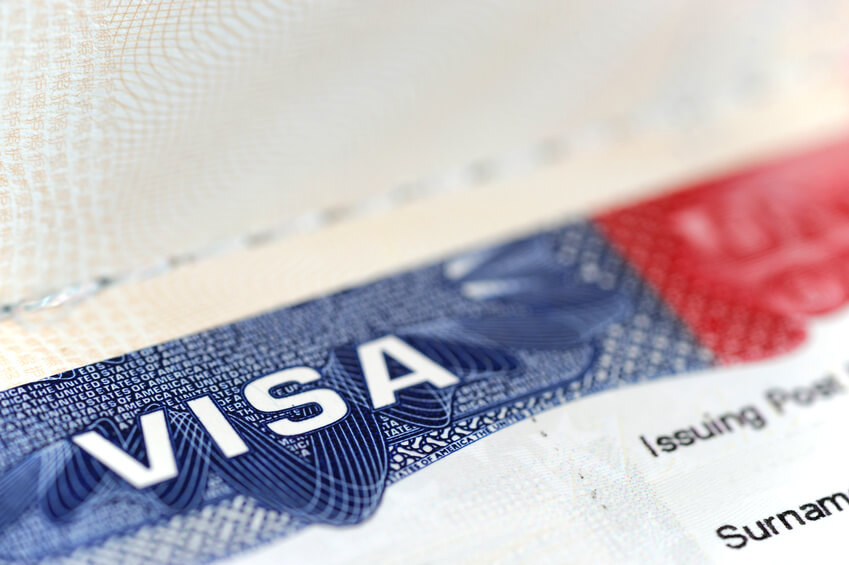Thousands of individuals with H-4 visas who have been permitted to legally work in the United States since a 2015 rule change allowed it may be at risk of losing that authorization in the coming months.
H-4 visas, which allow foreign nationals to live in the United States, but not to work, are issued to immediate family members—spouses or children under 21—of foreign nationals with H-1B visas. An H-1B visa is a non-immigrant visa that allows US companies to employ workers in specialty occupations that require expertise in fields such as in technology, finance, accounting, architecture, engineering, mathematics, science or medicine.
The Employment Authorization for Certain H-4 Dependent Spouses, passed on May 26, 2015, allows H-4 visa-holder spouses of H-1B visa-holders the ability to work in the United States if the H-1B visa-holder meets one of two criteria: 1) they possess an approved I-140 (an immigration petition for a foreign citizen to obtain a green card) or 2) they have an H-1B visa status that extends beyond six years and their green card or permanent residency application is pending.
By mid 2017, nearly 105,000 applications for employment authorization by H-4 visa-holders—the majority from India (86 percent)—had been approved by the U.S. government, according to the American Immigration Council.
The rule change was welcome news for many, including those who had left careers behind to move to the United States with a spouse hired by an American company. The ability of spouses, many of whom are women, to work also has allowed families to benefit from dual incomes.
In December, 2017, the Department of Homeland Security (DHS) announced that it planned to rescind the employment authorization policy for H-4 visa-holders in response to the April 2017 “Buy American and Hire American” executive order. One of the goals included in the executive order is to raise wages and employment rates for American workers and protect their economic interests by enforcing immigration laws.
In addition, a group of U.S.-born tech workers sued the DHS over the employment authorization policy, calling it illegal and unfair job competition. The case, Save Jobs USA v. U.S. Department of Homeland Security, was dismissed, but is being appealed. In an August 20, 2018 status report in the case, the DHS stated that the proposed rulemaking to end work authorization for H-4 spouses was still undergoing high-level review, but confirmed their intent to proceed with the rulemaking.
The rule change already has been stalled twice, but is expected to be submitted to the White House by the end of 2018. The DHS is scheduled to announce a status update on November 19. Given the proposed rulemaking would have to undergo notice and comment, there will be some delay from the proposal to the final change to the regulation.
Individuals with H-4 visas are encouraged to apply for extensions as soon as possible and as soon as they are eligible. H-4 visa-holders also may want to consider exploring other options to find out if they are eligible for any other type of visa that would provide them with the authority to work.
Because time is of the essence, do not delay and contact a Tully Rinckey immigration attorney for more information or assistance regarding visas and other immigration matters.
Michael Freestone, Esq. is a Partner in Tully Rinckey PLLC’s Washington, DC office, where he focuses his practice on business immigration law. With more than seven years of experience practicing immigration law, he advises individual and corporate clients on a variety of immigration-related issues.







